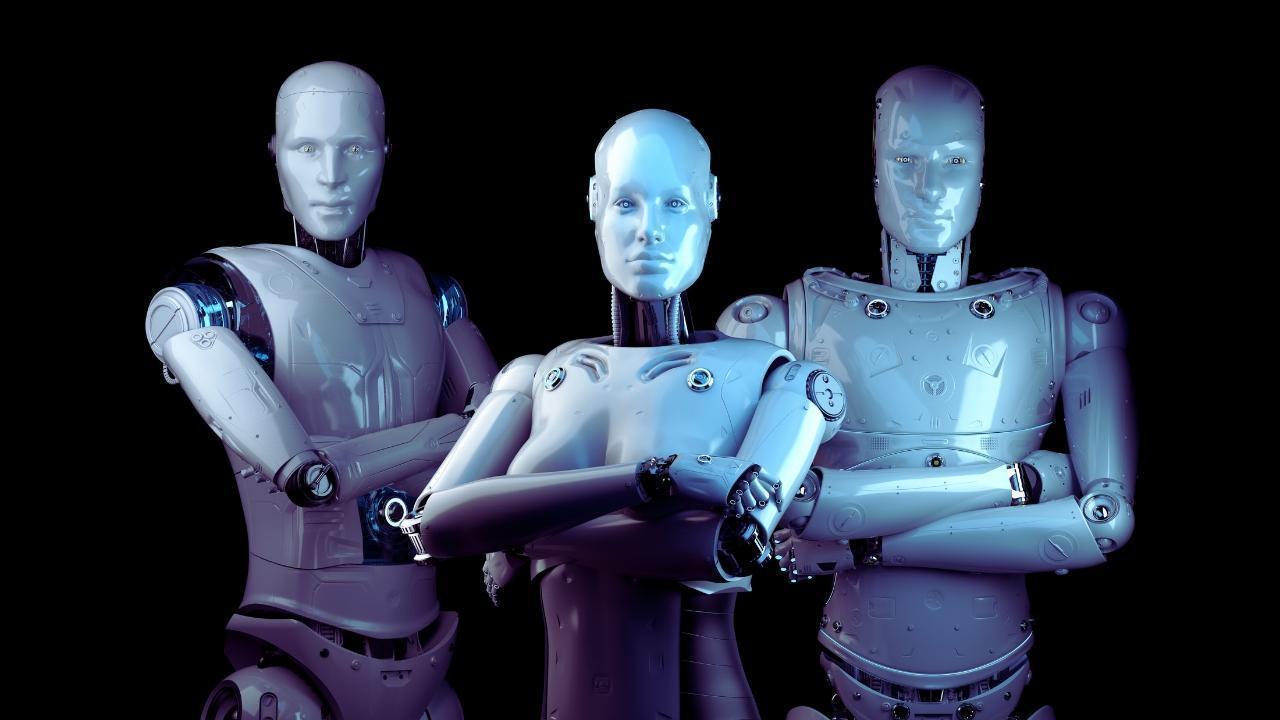
Post by : Anees Nasser
Beijing has officially entered the global spotlight once again by hosting the first-ever World Humanoid Robot Games, marking a significant milestone in robotics and AI innovation. This grand event is unlike any other sports competition we’ve witnessed before. Instead of human athletes, the contenders are humanoid robots, each programmed and engineered to demonstrate speed, agility, intelligence, and problem-solving abilities. The Games are more than just a futuristic spectacle—they represent the next phase of human-robot collaboration and the practical integration of advanced technologies into daily life.
The concept of humanoid robots engaging in organized competitive sports was, until recently, the stuff of science fiction. However, with advancements in artificial intelligence, robotics engineering, and machine learning, that fantasy has become reality. The Beijing event is a global gathering of top tech minds and innovators, featuring robotic athletes from over 30 countries. These machines are designed to mimic human movement, from sprinting and climbing to performing tactical challenges.
The competition consists of multiple categories, including robotic sprint races, weightlifting simulations, obstacle navigation, and even strategy-based tasks. Each challenge not only tests the physical capabilities of these machines but also their adaptability and intelligence. Engineers are pushing the boundaries of what robots can achieve, and the results are nothing short of groundbreaking.
The First World Humanoid Robot Games are not just a tech showcase—they’re a turning point in how we perceive robotics. Until now, much of the focus on humanoid robots revolved around industrial applications, domestic help, and research environments. By bringing these robots into a competitive setting, developers are emphasizing real-world scenarios that demand precision, decision-making, and physical endurance.
Experts believe these Games could accelerate innovation in multiple sectors, including healthcare, defense, manufacturing, and disaster response. For instance, the same robot that can conquer a complex obstacle course might one day navigate debris in a disaster-stricken area or deliver critical medical aid in hazardous zones where human access is impossible.
Countries participating in the Games include technology powerhouses like Japan, South Korea, the United States, Germany, and of course, the host nation China. Each team has spent years developing and perfecting their humanoid designs, bringing unique strengths to the competition.
Japanese robots are renowned for their fluid, life-like motion and advanced AI learning systems. South Korean entries, on the other hand, focus on strength and balance, excelling in physical endurance categories. European teams showcase sophisticated sensory systems that allow robots to make nuanced decisions in real-time. The American robots are celebrated for their versatility and problem-solving algorithms, making them strong contenders in strategy-based challenges.
China, as the host, is showcasing some of the most advanced humanoid designs in the world, blending speed, strength, and adaptability. These machines demonstrate Beijing’s ambition to lead the global robotics race—a goal that aligns with China’s broader strategy of technological dominance.
While the Games are a serious competition, they are also designed to entertain and educate. Spectators—both on-site and via live streams—are witnessing thrilling matches where robots display jaw-dropping athletic feats. The event includes interactive exhibitions where visitors can learn about AI, coding, and robotics development, making the Games an immersive educational experience for tech enthusiasts and young innovators.
Industry leaders have also organized seminars and panel discussions alongside the Games. These sessions cover topics like ethical AI development, human-robot interaction, and the role of automation in the future workforce. Such discussions ensure that the Games are not just about showcasing capability but also about shaping policy and addressing societal concerns surrounding AI and robotics.
Hosting the World Humanoid Robot Games is expected to boost Beijing’s economy significantly, attracting thousands of visitors, investors, and tech companies. It also positions China as a hub for robotics research and development, creating opportunities for international collaborations and investment in AI-driven sectors.
Looking ahead, experts predict that the Games could become an annual or biennial event, expanding in scale and complexity. With each edition, robots will likely evolve in sophistication, pushing the boundaries of what is technically and ethically possible. Some even speculate that humanoid robot competitions might one day rival traditional sports events in global popularity, merging technology and entertainment in ways we can scarcely imagine today.
The above article is intended for informational and editorial purposes only. The content is based on the latest available updates at the time of writing and aims to provide insights into the significance of the World Humanoid Robot Games in Beijing. It does not represent any official stance or endorsement from event organizers, manufacturers, or governmental bodies. Readers are encouraged to follow official channels for real-time updates and verified information.










Curry Powers Warriors to Nail-Biting 109-108 Victory Against Spurs
Stephen Curry's 49 points propel the Warriors to a dramatic 109-108 NBA Cup triumph over the Spurs,

India Advances to Semi-Finals After Thrashing USA in Women’s Blind T20 World Cup
India secured a dominant ten-wicket victory over the USA, advancing to the semi-finals in the Women’

South Africa's Early Advantage as India Struggles on Day Two
On Day Two, India reached 138-4 as South Africa took three early wickets, complicating matters with

Kenta Nishimoto Defeats Lakshya Sen in Japan Masters Semifinal
Lakshya Sen's journey in the Japan Masters ends after losing to Kenta Nishimoto 19-21, 21-14, 12-21

Kenta Nishimoto Defeats Lakshya Sen in Japan Masters Semifinals
Lakshya Sen's run at the Japan Masters concludes with a loss to Kenta Nishimoto in the semifinals, 1

Major IPL Trade: Jadeja Joins Royals as CSK Signs Samson
In a significant IPL trade, CSK has acquired Sanju Samson from Rajasthan Royals in exchange for Ravi